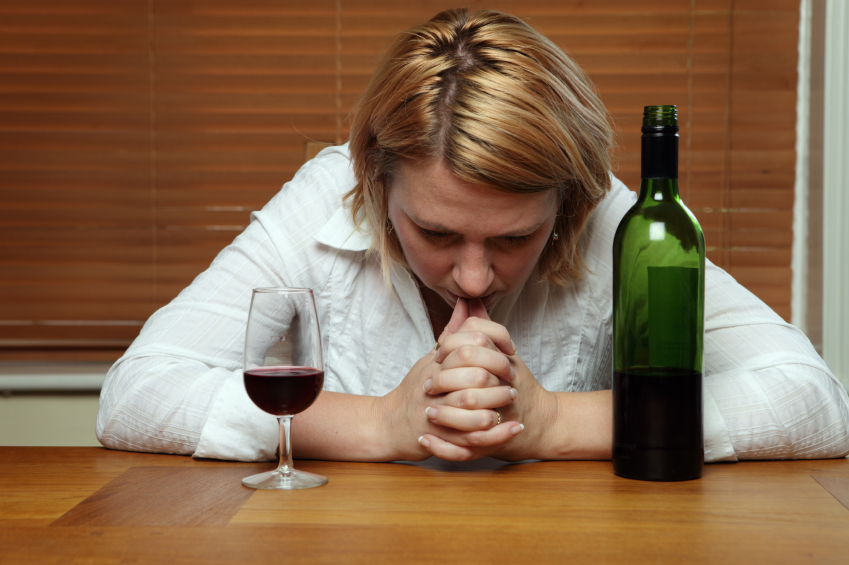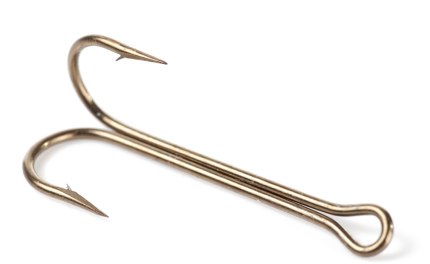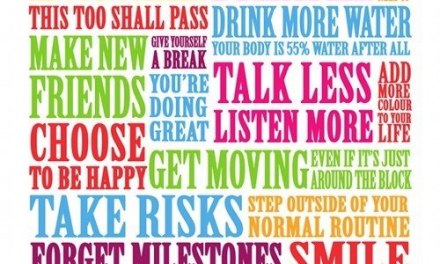Let’s begin with an overview of the emerging Sober Curious movement.
Thinking about taking a break from alcohol?
It qualifies as a fairly recent development in the world of recovery. Here’s one description: “…drinkers who consider giving up or reducing their alcohol consumption for reasons such as better health and personal growth.” That’s as opposed to having been diagnosed with, let’s say, a moderate to severe alcohol or other substance use disorder. Or with another health condition that requires someone to avoid drinking.
Giving up alcohol for good is not necessarily part of the deal. No commitment of that sort is suggested. This as you might imagine is attractive to many people who have problems with alcohol. They want to eliminate the problems while preserving their right to drink, at least at some future point in time.
They hope to establish control over their use of the drug, usually with tactics geared to changing the habits that surround alcohol use — the when, where, how often and how much. Thinking maybe that will do the trick.
“I wanted to continue drinking, sure. But in the context of a healthier, more positive relationship with alcohol,” one psychologist explained. I wasn’t sure what that meant, but he had difficulty clarifying it. Just that he would know it when he achieved it.
If you work in counseling, you know that most people with alcohol problems go through a phase where they make serious attempts to control their drinking. They’re sitting in your office precisely because it hasn’t worked. Not that they always realize that, however. That’s different from the target client for the Sober Curious approach — who does not have a diagnosed AUD but instead is a ‘normal’ drinker seeking a healthier lifestyle. “Whether or not that results in someone becoming a nondrinker,” as a practitioner put it.
It’s a big difference, especially since there’s no formal, widely-accepted definition of ‘normal’ drinking. It comes down to what the drinker thinks qualifies as normal, usually in comparison to so-called “alcoholic” drinking — again, however the drinker defines that. Definitions vary.
In practice, I’d say that if someone, a clinician for example, has already evaluated you and concluded that you have an AUD, then Sober Curious might not be the best approach for you. Formal treatment might work a whole lot better in terms of your ultimate goals. But it requires a bigger commitment and considerably more work. So I understand why folks with AUDs might want to try a Sober Curious approach first. Just in case.
It can also be part of a larger attempt to prove to oneself or others that “my drinking isn’t ‘alcoholic’ drinking (whatever that may mean). Naturally, sometimes the drinker winds up proving the opposite.
From my perspective, anything that encourages people to cut back on drinking during this pandemic-driven period of madness has to be considered a good thing, overall. I wouldn’t begrudge anyone the attempt. Take your best shot.
The downside, though, is how difficult it can be to self-assess one’s own drinking. Our subjective feelings can be notoriously unreliable. That’s why a better option might be to begin with an evaluation by a qualified independent clinician. Let them apply the criteria and then give you input. They may well see something you missed.
Plus it’s 100% confidential. As the late-night PSA’s would say: (deep voice) “It’s the Law.”
And if by chance, Sober Curious doesn’t work for you? Treatment’s still there, ready and waiting.













